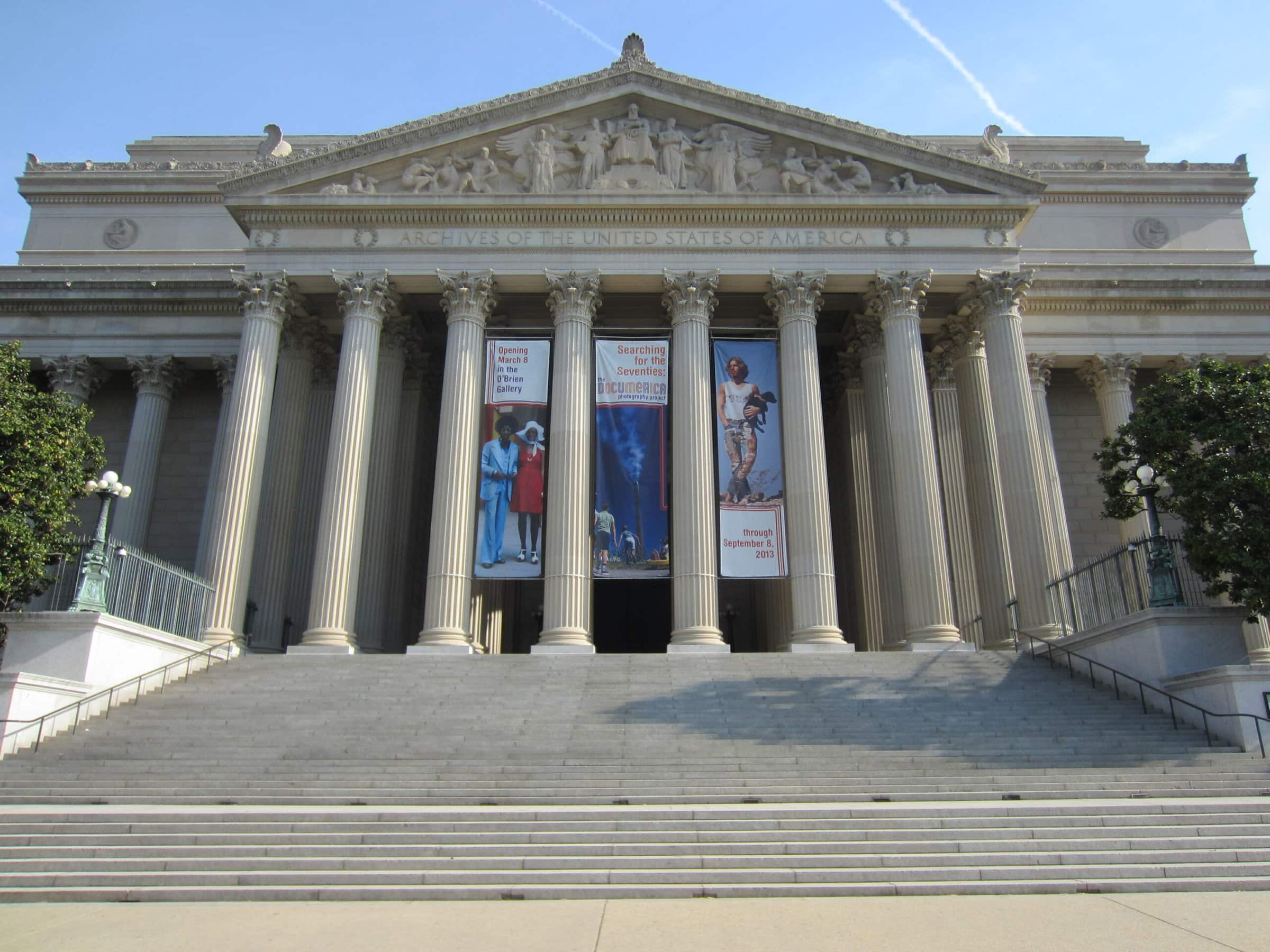Search
News Topics
AHA Topics
Thematic
Geographic
Month
Year

July 1, 2025
A Letter from AHA Executive Director Sarah Weicksel

June 25, 2025
Update on National Archives at College Park
Members Making News
Members Making News highlights the accomplishments of AHA members.
AHA Advocacy
June 30, 2025
AHA Endorses OAH Statement in Response to Secretary Order 3431 and Censorship of History in the National Park Service
The American Historical Association agrees with our colleagues at the Organization of American Historians that the US Secretary of the…
Action Alerts
The AHA issues action alerts to our membership and other audiences on important pieces of legislation or policy at the state and federal levels.
AHA Announcements
July 3, 2025
AHA’s American Lesson Plan Report Featured in The Hill Op-Ed on Civic Education
The AHA’s 2024 report, American Lesson Plan: Teaching US History in Secondary Schools, was featured in an op-ed for The…
From the Executive Director’s Desk
AHA executive director Sarah Weicksel offers reflections on current issues before the AHA.
AHA in the News
July 3, 2025
AHA’s American Lesson Plan Report Featured in The Hill Op-Ed on Civic Education
The AHA’s 2024 report, American Lesson Plan: Teaching US History in Secondary Schools, was featured in an op-ed for The…
AHA Media Appearances & Publications
AHA staff and Council members have written articles and made public appearances highlighting the challenges teachers and educators face from legislation restricting the teaching of “divisive concepts” and issues related to teaching history with integrity.

The AHA issues press releases on topics of importance—national and local–to the Association. To be added to our press list, please email communications manager Alexandra Levy (alevy@historians.org).

The AHA is pleased to speak with and provide resources for journalists and the media. If you are a member of the media and would like to submit a request for a referral or interview, please email press@historians.org. Please provide any pertinent deadlines and we will do our best to accommodate your request. The AHA can find you a historian for any topic, and assists with dozens of inquiries each year.



